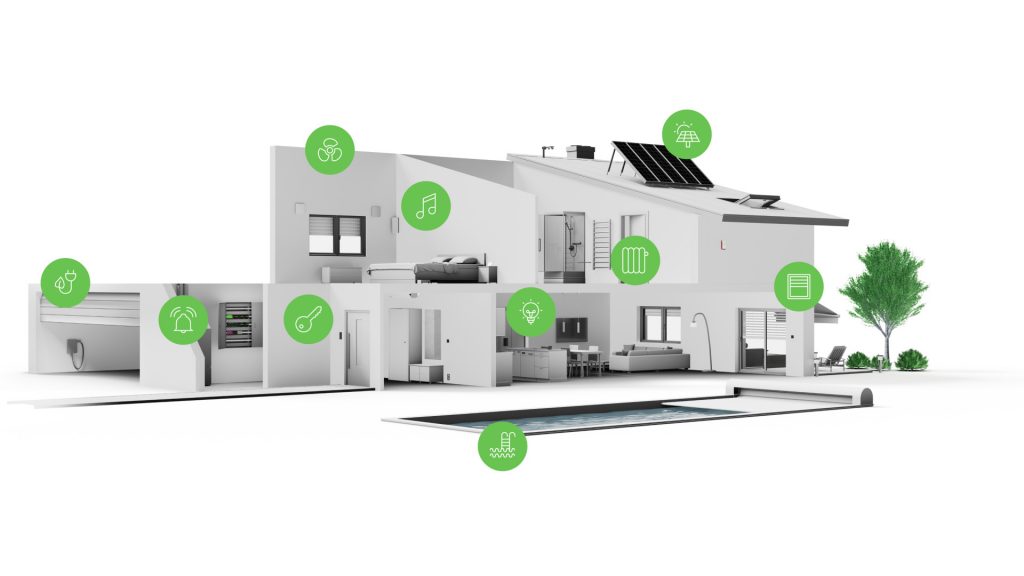Unveiling the Dark Side: Unintended Consequences of Smart Technologies

In today's rapidly advancing technological landscape, smart technologies have become an integral part of our daily lives. From smartphones and smart homes to artificial intelligence and the Internet of Things (IoT), these innovations promise convenience, efficiency, and connectivity. However, it is crucial to recognize that alongside their numerous benefits, smart technologies also bring about negative impacts that warrant careful consideration. This article delves into the potential adverse effects of smart technologies, shedding light on their darker side.
- Privacy Concerns:
One of the most significant negative impacts of smart technologies revolves around privacy. As these devices collect vast amounts of personal data, concerns arise regarding the security and potential misuse of this information. From unauthorized access to data breaches, individuals' privacy can be compromised, leading to identity theft, surveillance, and targeted advertising. The constant connectivity of smart technologies also raises questions about the boundaries between public and private life. - Cybersecurity Risks:
With the increasing interconnectedness of smart devices, the vulnerability to cyber attacks escalates. Hackers can exploit security loopholes in smart technologies, gaining unauthorized access to personal information, financial data, and even critical infrastructure systems. The potential consequences range from financial loss and reputational damage to disruptions in essential services, such as healthcare and transportation. Ensuring robust cybersecurity measures becomes paramount to mitigate these risks. - Dependency and Reliability:
As society becomes more reliant on smart technologies, there is a growing concern about the potential consequences of system failures or malfunctions. Imagine a scenario where a smart city's transportation system experiences a widespread glitch, leading to chaos and inconvenience for its residents. Moreover, excessive reliance on smart technologies can erode individuals' critical thinking and problem-solving skills, making them overly dependent on these devices for decision-making and problem-solving. - Economic Disruptions:
While smart technologies offer automation and efficiency, they also pose a threat to certain job sectors. The automation of tasks previously performed by humans can lead to job displacement and unemployment, particularly in industries such as manufacturing, transportation, and customer service. This economic disruption requires proactive measures to retrain and upskill the workforce to adapt to the changing job market. - Environmental Impact:
Smart technologies, despite their eco-friendly promises, can also have negative environmental consequences. The production and disposal of electronic devices contribute to electronic waste, which poses challenges for proper recycling and disposal. Additionally, the energy consumption of smart devices and the supporting infrastructure can strain resources and contribute to carbon emissions, exacerbating climate change concerns.
Conclusion:
While smart technologies undoubtedly bring numerous benefits, it is crucial to acknowledge and address their negative impacts. Privacy concerns, cybersecurity risks, dependency, economic disruptions, and environmental consequences all warrant careful consideration. Striking a balance between technological advancements and safeguarding against these adverse effects is essential for a sustainable and responsible integration of smart technologies into our lives.





